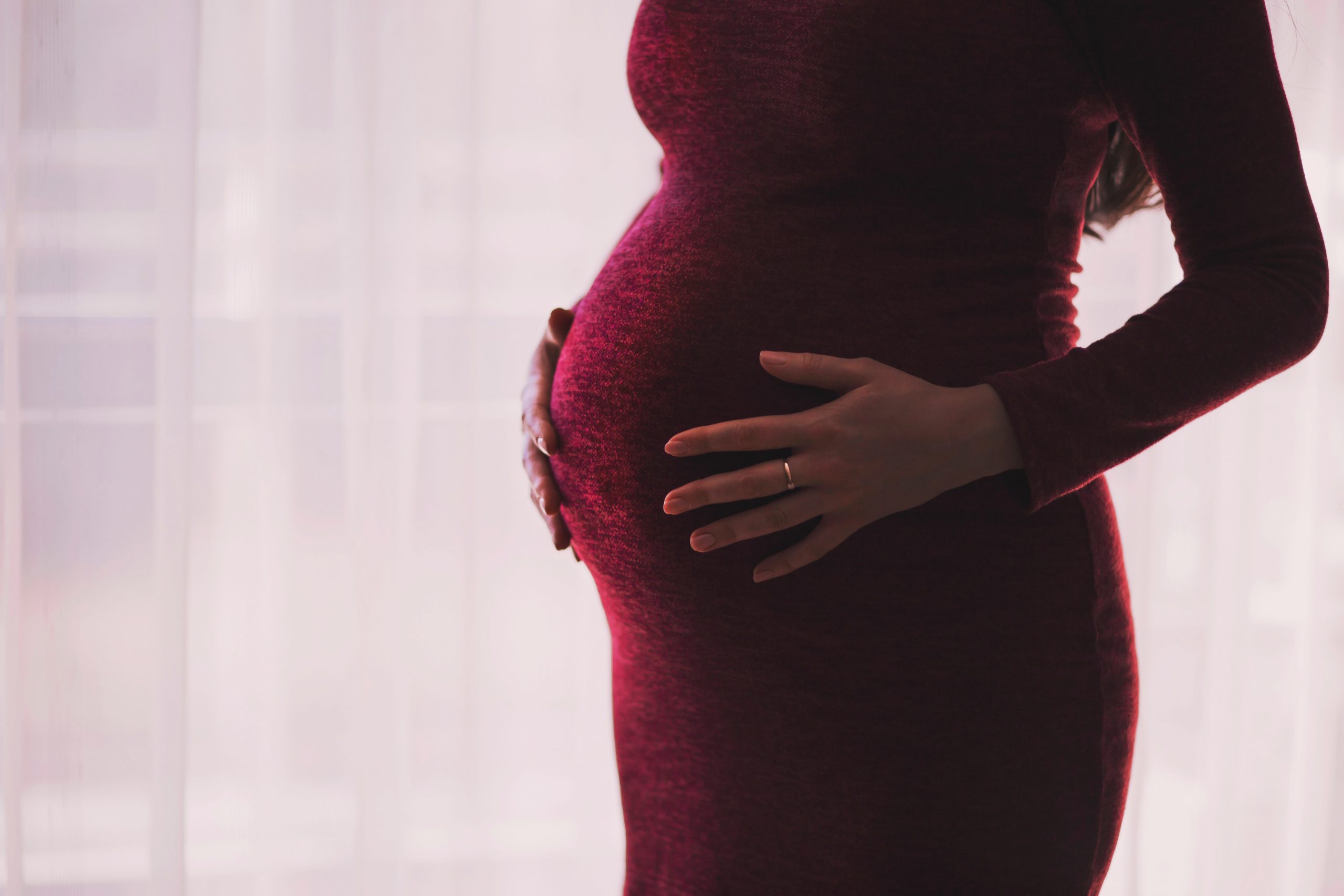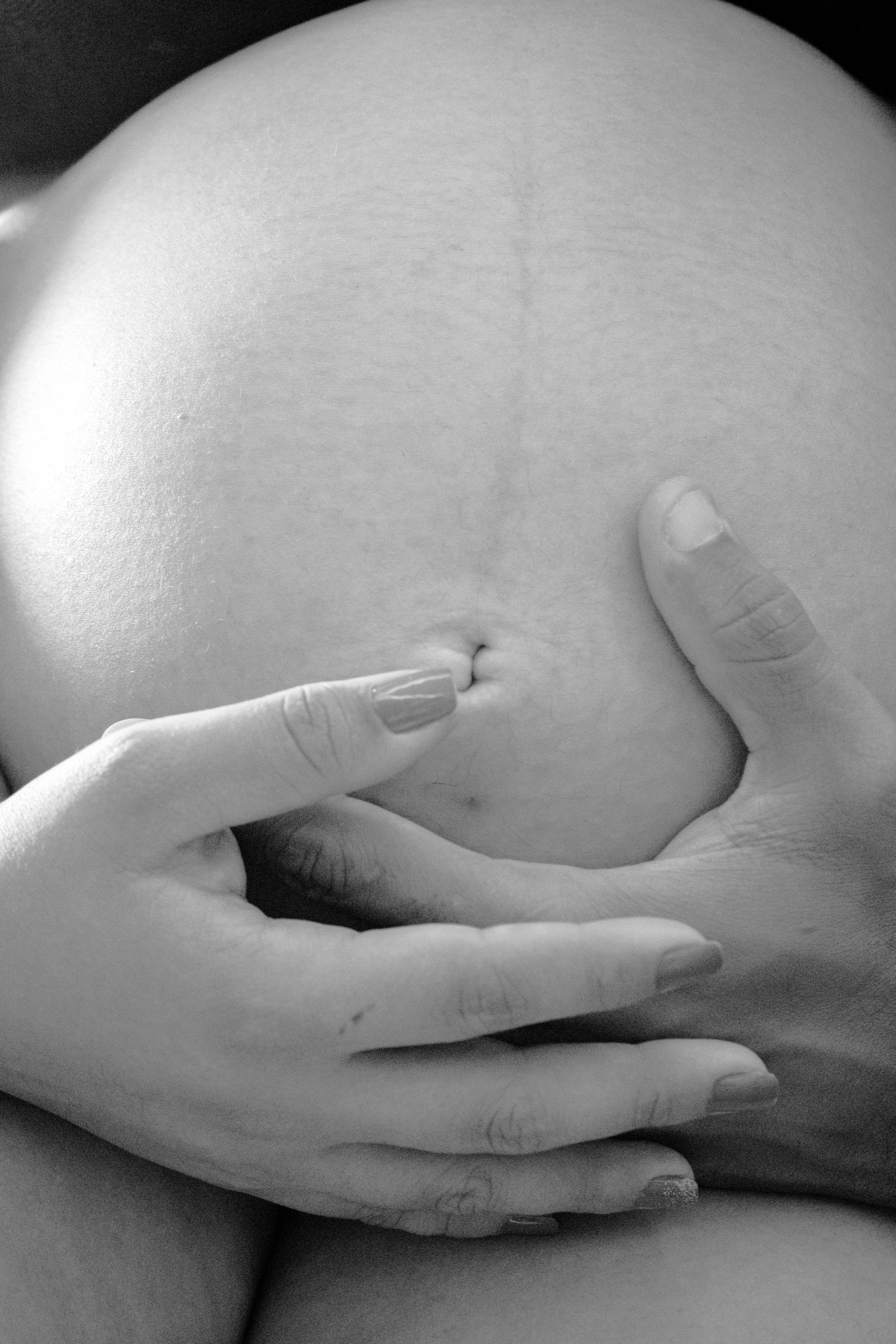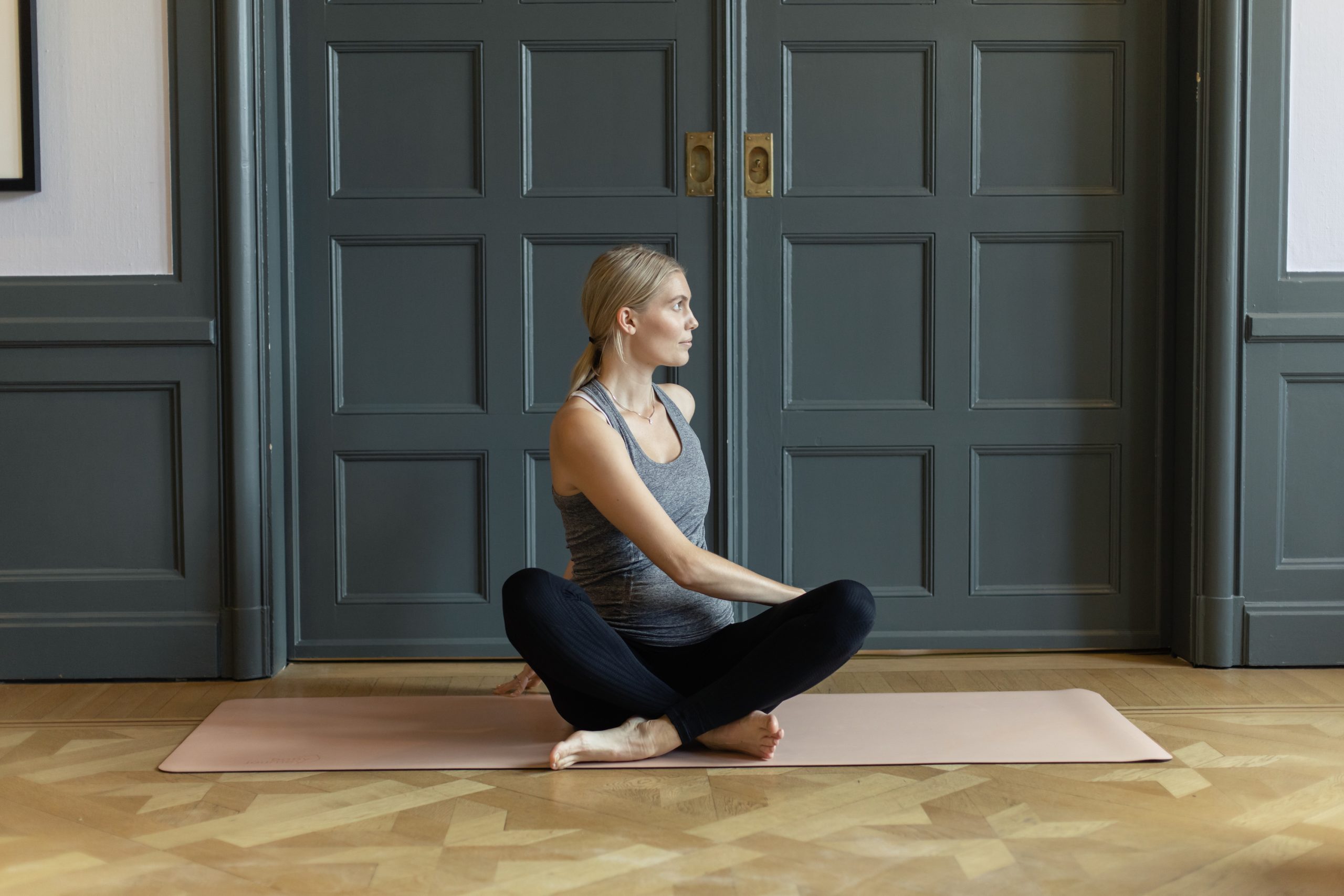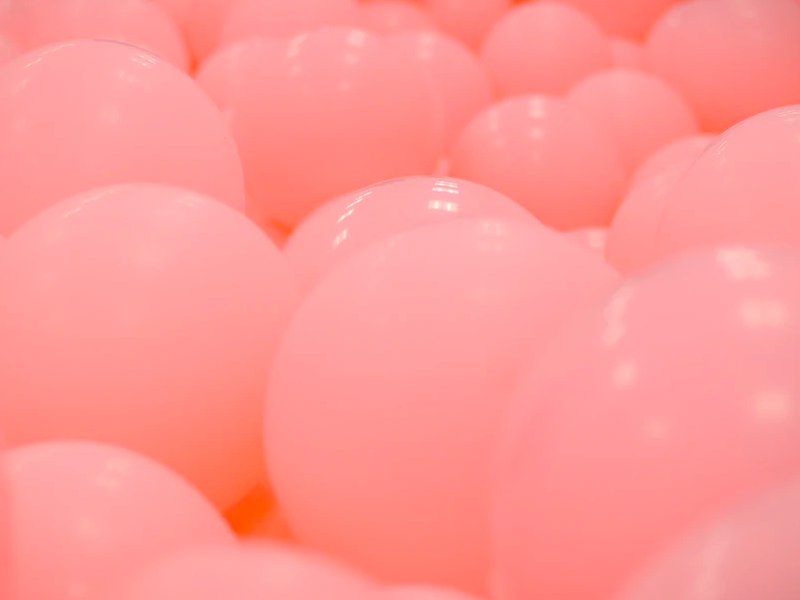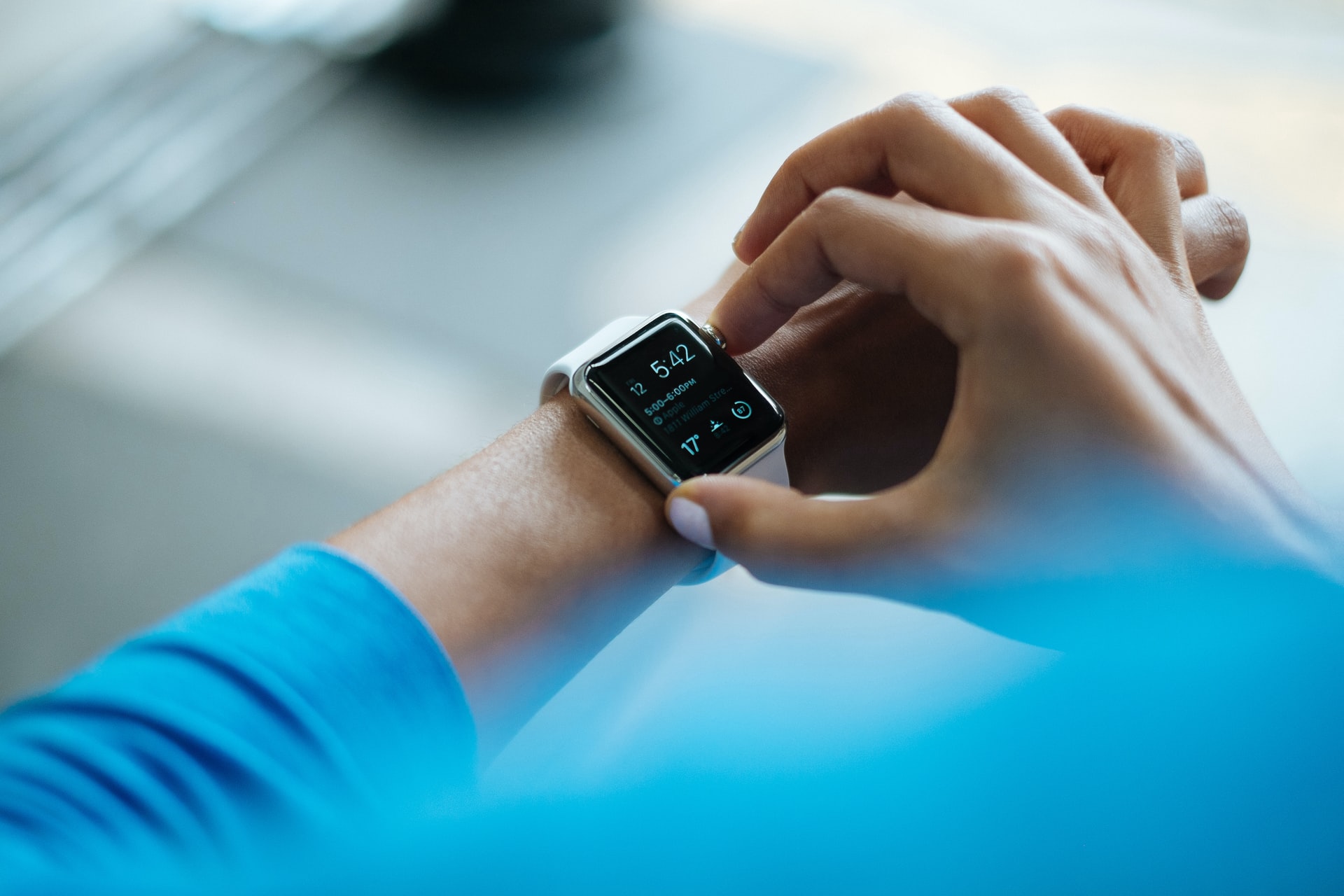It is not uncommon for curiosity about your menstrual cycle to coincide with a desire to get pregnant. However, many women feel confused about how many days the menstrual cycle actually is, what is considered a 'normal' length and what hormonal changes take place in the body during the cycle. In this article, we clarify everything that is good and important to know!
Have you ever wondered how your mood can change for no apparent reason? Everything from your energy, appetite and mood can change dramatically from day to day. One moment you may feel happy and content and the next moment you may feel depressed and exhausted. So what is the reason for this? It's largely linked to the hormonal shifts that occur during the menstrual cycle.
Length of the menstrual cycle
Your menstrual cycle lasts from the first day of your period until the day before you get your period again. The length varies from woman to woman and sometimes even from month to month, with an average of 28 days. However, anything between 21-45 days is considered normal!
Calculating the menstrual cycle
To calculate your menstrual cycle, you need to keep track of when you get your period. Then count the days from the first day of your period until you get your period again, and you'll know how many days it is. There are several different tools and apps that you can use to track your cycle and get an indication of where you are in your cycle.
Phases and hormones of the menstrual cycle
The menstrual cycle starts with the follicular phase, when you also have your period for the first few days. This phase lasts until you ovulate and then you enter the luteal phase - before you finally get your period again. But what do these different phases mean?
The follicular phase begins with your period and lasts until you ovulate, which usually occurs around day 14 of an average 28-day cycle. Menstruation usually lasts 3-5 days, after which the body starts to prepare for ovulation by producing the hormone oestrogen in the ovaries. Among other things, oestrogen thickens the lining of the uterus to accommodate a fertilized egg.
Just before you ovulate, the amount of oestrogen in your body spikes. This can affect you by making you feel very good both physically and mentally. Many people feel beautiful, harmonious and content during this period of the menstrual cycle. An increase in sex drive is also common!
Ovulation means that one of the ovaries releases an egg that can then be fertilized by a sperm. Before ovulation, when your oestrogen levels peak, LH, luteinizing hormone, is secreted, which is the hormone that ensures that ovulation starts!
Ovulation usually occurs 12-16 days before your next period, depending on the length of your menstrual cycle. The hormone testosterone also increases with ovulation, which is partly responsible for increased sex drive and more powerful orgasms.
It is when you ovulate that you can get pregnant, but since sperm can survive in the fallopian tube for up to 5 days and the egg for one day, you can get pregnant even in the days before you ovulate. These days are known as the 'fertile window'.
The luteal phase lasts from ovulation until the next period. This is when the body increases levels of the hormone progesterone, which optimizes the mucous membrane to absorb a fertilized egg. If the egg is not fertilized, progesterone production starts to decrease around day 21 of the menstrual cycle. Eventually, the levels of both progesterone and oestrogen are so low that the endometrium breaks down and your period starts again.
It is during this phase that many women experience PMS and/or hormonal acne. This is because estrogen drops along with the so-called 'happy hormone' serotonin, which can make you feel depressed. At the same time, progesterone levels drop just before menstruation and all these drops in hormone levels can lead to the onset of PMS symptoms.
The menstrual cycle and ovulation
Ovulation usually occurs around day 14 of the menstrual cycle and you may feel it as a period-like pain, but you may not feel anything at all.
During ovulation, an egg is released from the ovary and enters the fallopian tube. Most commonly, it is an ovary that releases an egg. There, the egg can be fertilized by sperm via sexual intercourse. Since sperm can survive up to 5 days, you can get pregnant even in the days before you ovulate. You can also get pregnant the day after ovulation, as the egg is "mature" for one day after it has been released. Biologically, it is also during these days that women have the highest sex drive!
Sometimes the menstrual cycle is irregular, meaning that it can be 25 days one month and 35 days the next. If you want to get pregnant, it can be difficult to know when ovulation occurs. There are natural ways to get to know your body's signals for ovulation, such as learning how to tell the difference in your discharge or measuring your body temperature. You can do an ovulation test to be extra sure, these are available in pharmacies.
Failure to ovulate is common when the body is under stress and not ready for pregnancy. Reasons for this can include high levels of stress, depression or severe weight loss. PCOS also causes irregular or absent ovulation.
The menstrual cycle and vaginal discharge
Your vaginal discharge can indicate where you are in your menstrual cycle as it changes in consistency, quantity and appearance throughout the cycle. Vaginal discharge acts as a protection for the vagina and keeps the mucous membrane moist.
Immediately after your period, it is common to have very little or no discharge. Then they usually become more cloudy and white in color, and then become more creamy and increase in quantity before ovulation.
When you ovulate, the discharge is usually more transparent and elastic in consistency to help the sperm get to the detached egg. This consistency is known as egg white secretion as it resembles egg white. Before your period, the discharge may take on a more pink or brownish color as it mixes with blood from your period.
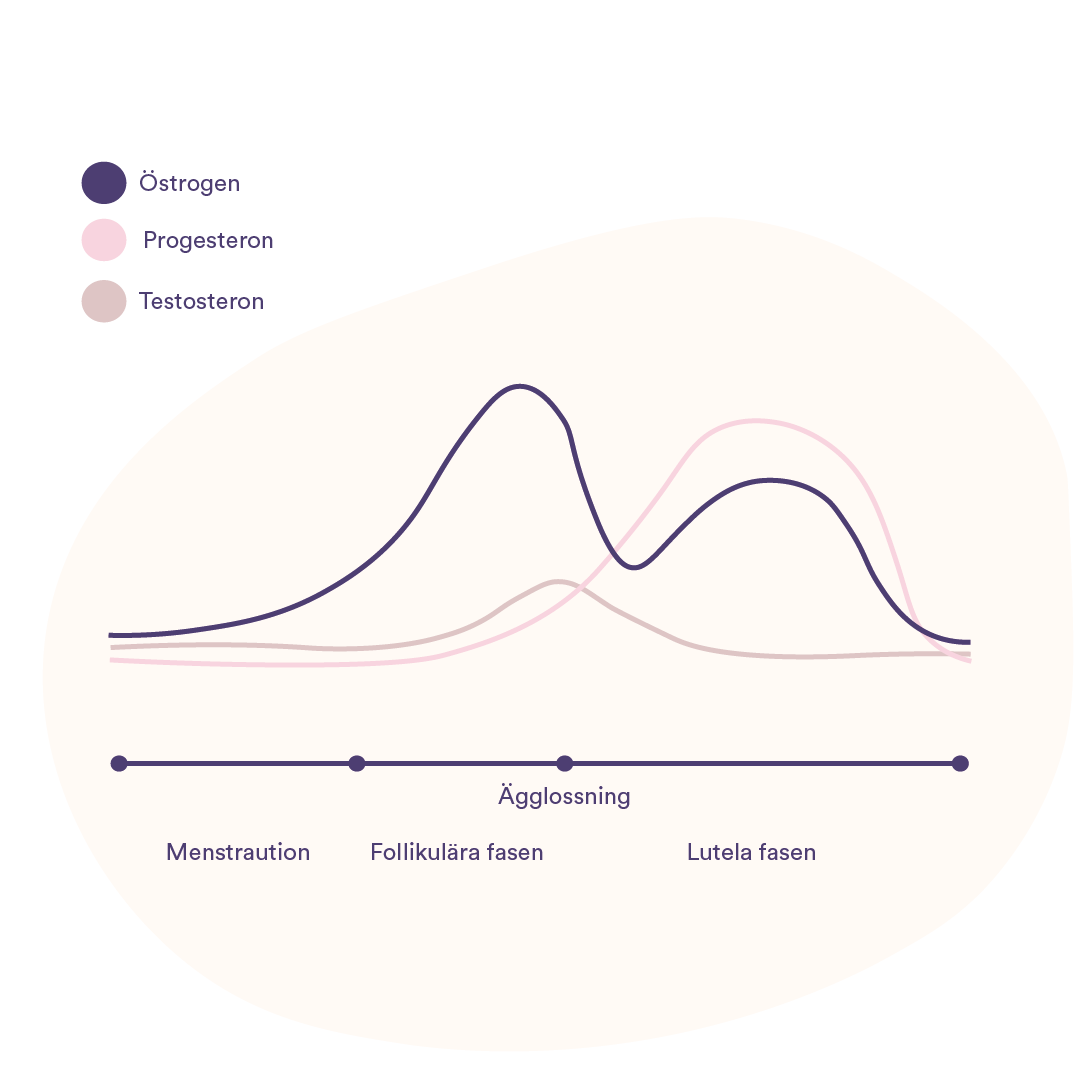
Feeling your way through your menstrual cycle
The different hormones oestrogen, progesterone and testosterone have several peaks and troughs during the menstrual cycle. This will affect how you feel, from energy, appetite and mood to how social you feel.
Well-being from the first day of menstruation to ovulation
During the follicular phase, Starting with your period, it is common to initially feel reduced energy and fatigue. During your period, you can therefore plan for quieter activities and try to add more rest to your life if possible. The closer you get to ovulation, your energy will rise due to the increase in estrogen. You may experience increased energy, inspiration and drive - so it may be a good idea to plan larger projects during this phase.
It is also during this phase just before ovulation that you biologically feel the most sexual desire and this is when you have the opportunity to get pregnant.
At the end of this phase, testosterone levels peak which can make you feel extra strong and resilient. Now progesterone is also at very stable levels, which can help you feel calm and balanced. When progesterone rises rapidly during ovulation and falls before your period, it is more common for your mood and feelings to start to fluctuate.
How you feel from ovulation to your next period
During the luteal phase, which lasts from ovulation until your next period, hormones begin to shift. This is when you may experience PMS symptoms. If you're experiencing mood swings, it's good to remind yourself that everything you're feeling and thinking right now isn't exactly true, it's the hormones that are affecting you and it will pass when the luteal phase is over. During this period, it is good to listen to your body from day to day as your mood can change a lot!
Summary:
The hallmark hormones of the menstrual cycle are oestrogen, progesterone and testosterone. The levels of these hormones will spike, dip and stay more neutral depending on where you are in your cycle and will affect how you feel physically and emotionally. However, exactly how you react to the different hormones is individual! That's why it's beneficial to reflect on your mood during the month and find connections between your mood and where you are in your cycle. For example, it's common to feel a craving for different types of food but also have the energy for different types of movement in different phases. By getting to know how hormones affect you, you can also adapt your lifestyle based on how you feel!



















